Share on social

Stepping up and out of your comfort zone
Stepping up and out of your comfort zone
Wednesday 26 June 2024
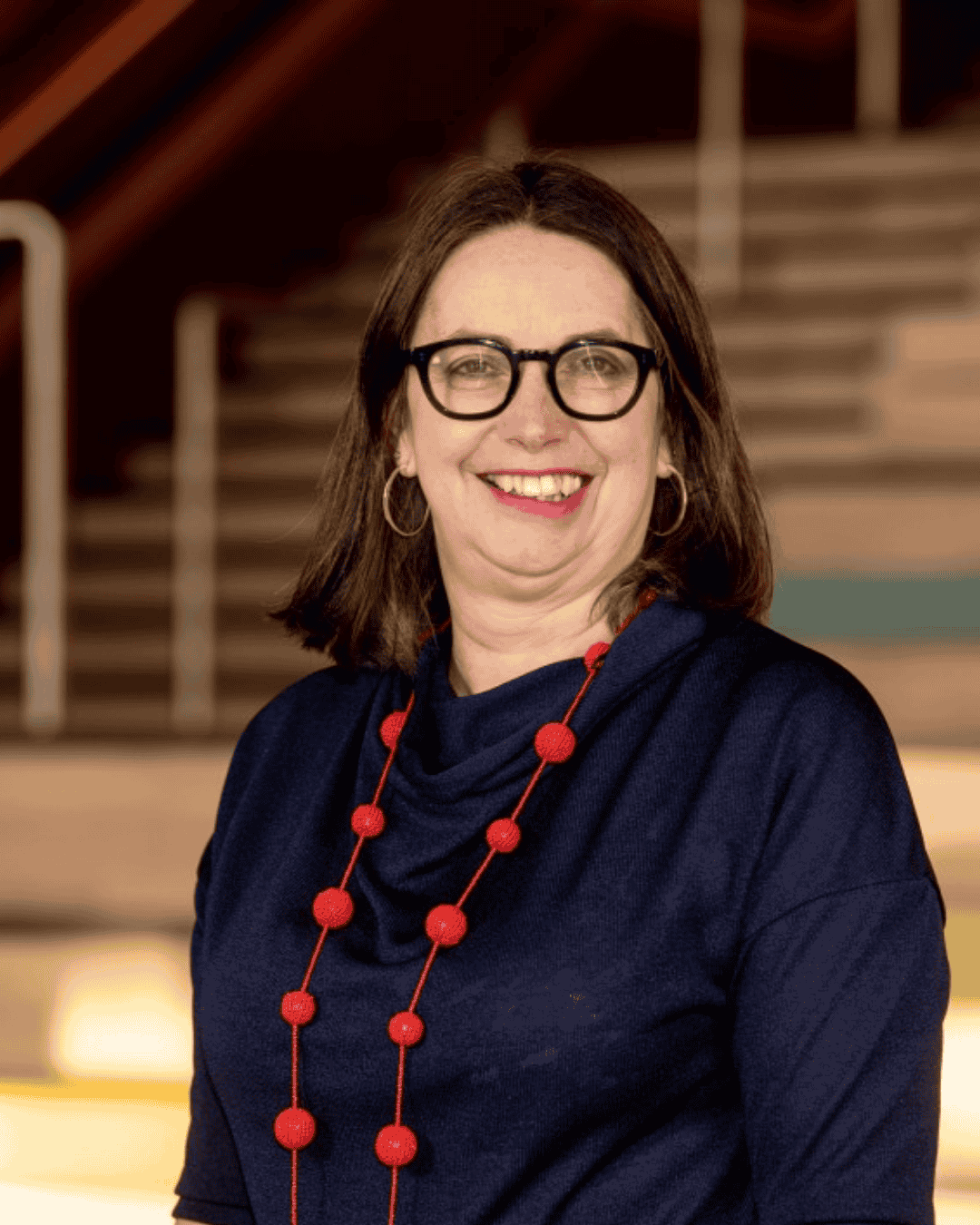 When was the last time you stepped out of your comfortable place and tried something new or challenging? Last week? last month? You can’t’ remember!
When was the last time you stepped out of your comfortable place and tried something new or challenging? Last week? last month? You can’t’ remember!We’re busy people, time is precious; the thought of making an effort seems… well… too much of an effort!
In my day job as Student Development Manager at Queen’s University I want students to step out of their intellectual, cultural and social safe places, I encourage them to apply for that student officer role, to seek out and apply for volunteer roles, to be be brave and turn up for that external speaker talk/lecture. When they do, the results are overwhelmingly. Yes, the feelings of nervousness, uncertainty even fearful in some cases, are undeniably real and often intense. Once overcome these are replaced by joy, confidence and liberation. I see in their eyes; I hear it in their voice. In short, stepping out impacts enormously on psychological states and behaviours.
Recently I’ve been stepping out of my comfort zone; researching Polyvagal theory. Developed by Dr Stephen Porges it provides a scientific lens to understanding why stepping outside of our comfort zones can be so beneficial. The theory focuses on the vagus nerve, a critical component of our parasympathetic nervous system, which influences our psychological state and behaviour. (It sure is a big step away from my O ‘level in Human Biology!)
According to polyvagal theory, our autonomic nervous system operates in three primary states: the ventral vagal state (social engagement), the sympathetic state (fight or flight), and the dorsal vagal state (shutdown). When we engage in new experiences, especially those that are socially and intellectually stimulating, we activate the ventral vagal state. This state promotes calmness, curiosity, and a sense of safety, which are essential for learning and growth.
By stepping out of our comfort zones and into the realm of the unknown, we challenge our nervous system to adapt and respond which in turn fosters resilience and flexibility. When we operate from this state we are better able to handle stress and improve our overall mental and physical health.
"Nothing in life is to be feared, it is only to be understood. Now is the time to understand more, so that we may fear less."
Marie Curie
So, get comfy, and when you are feeling settled and wrapped in that warm and secure comfort blanket ask yourself these three questions:
- What benefits am I getting from staying here?
- How is staying here limiting my growth and potential?
- How does remaining in my comfort zone align with my values and aspirations
I’m off to find out more about Polyvagal theory and the nervous system, I may be some time!
Deirdre Lynskey is currently Student Development Manager at Queen’s University Belfast and operates as an Executive Coach through Coaching With Deirdre
Author Deirdre Lynskey
Wednesday 26 June 2024


 Contact us
Contact us
 Share on social
Share on social Share with a friend
Share with a friend Facebook
Facebook LinkedIn
LinkedIn
 Twitter
Twitter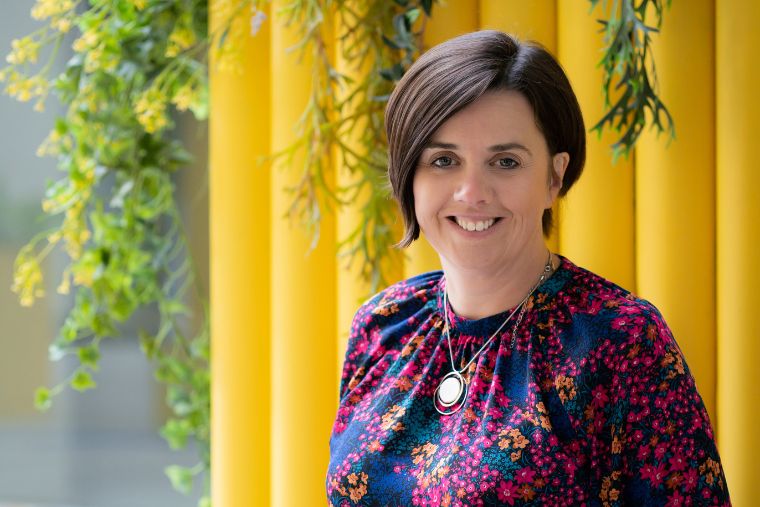

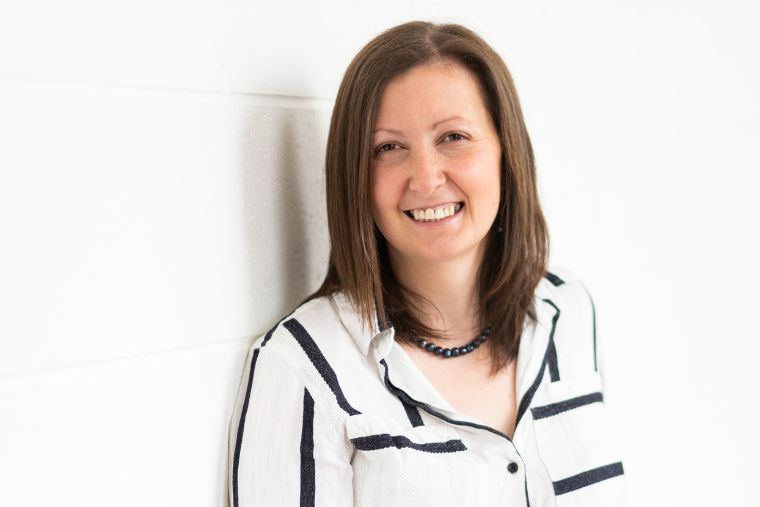

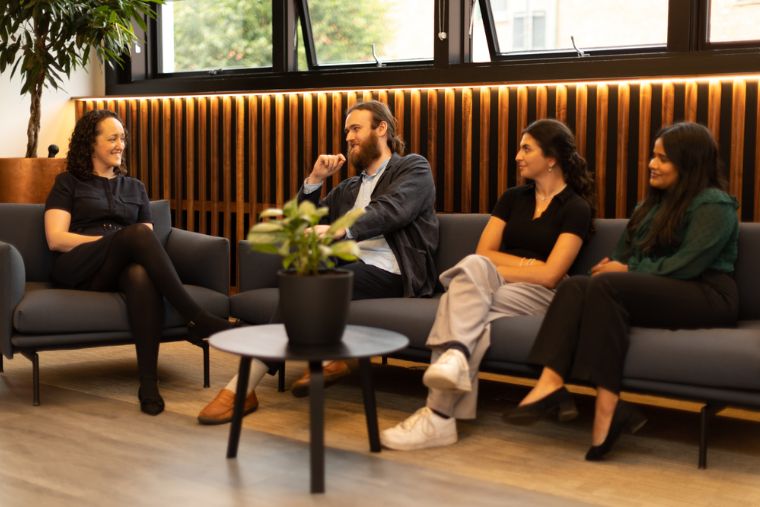


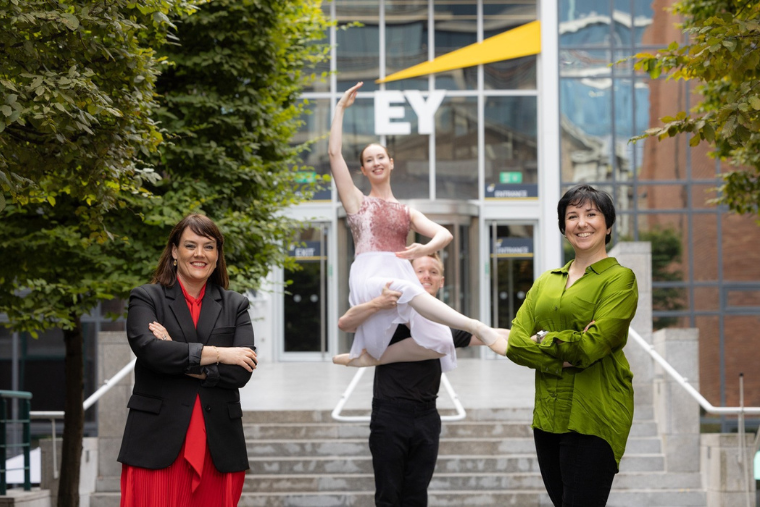
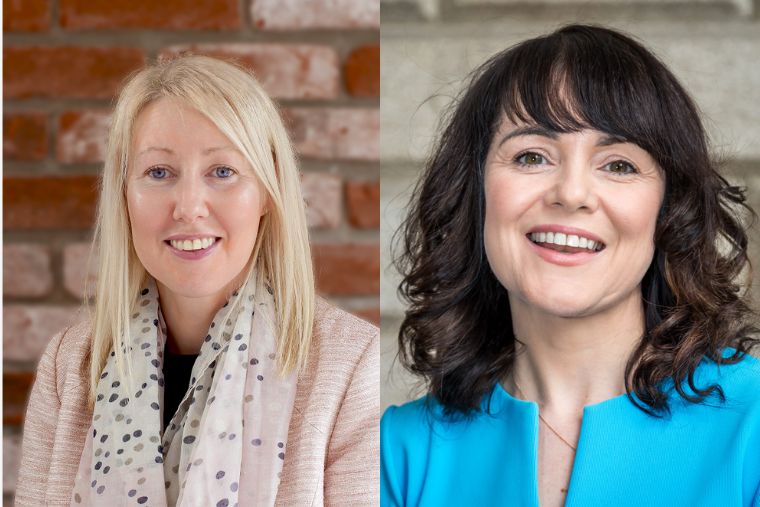
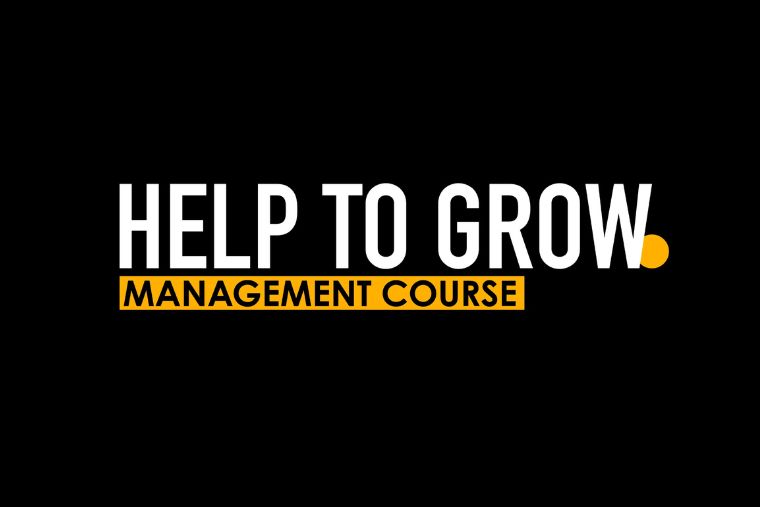





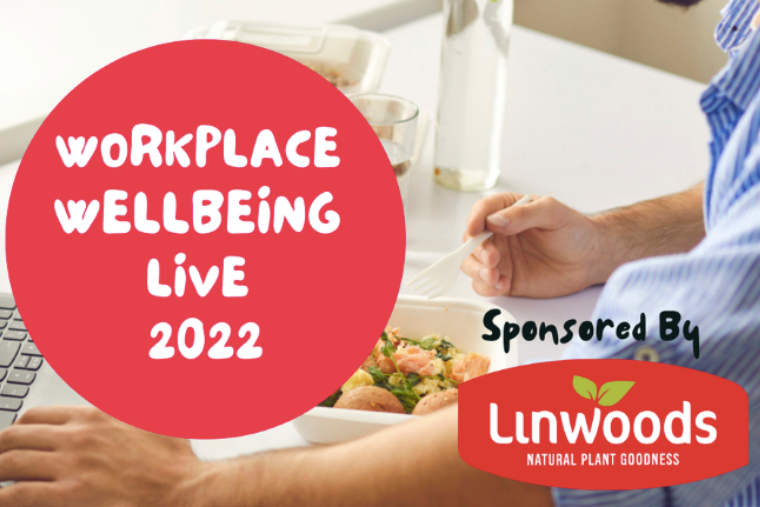





 Get in touch with us
Get in touch with us